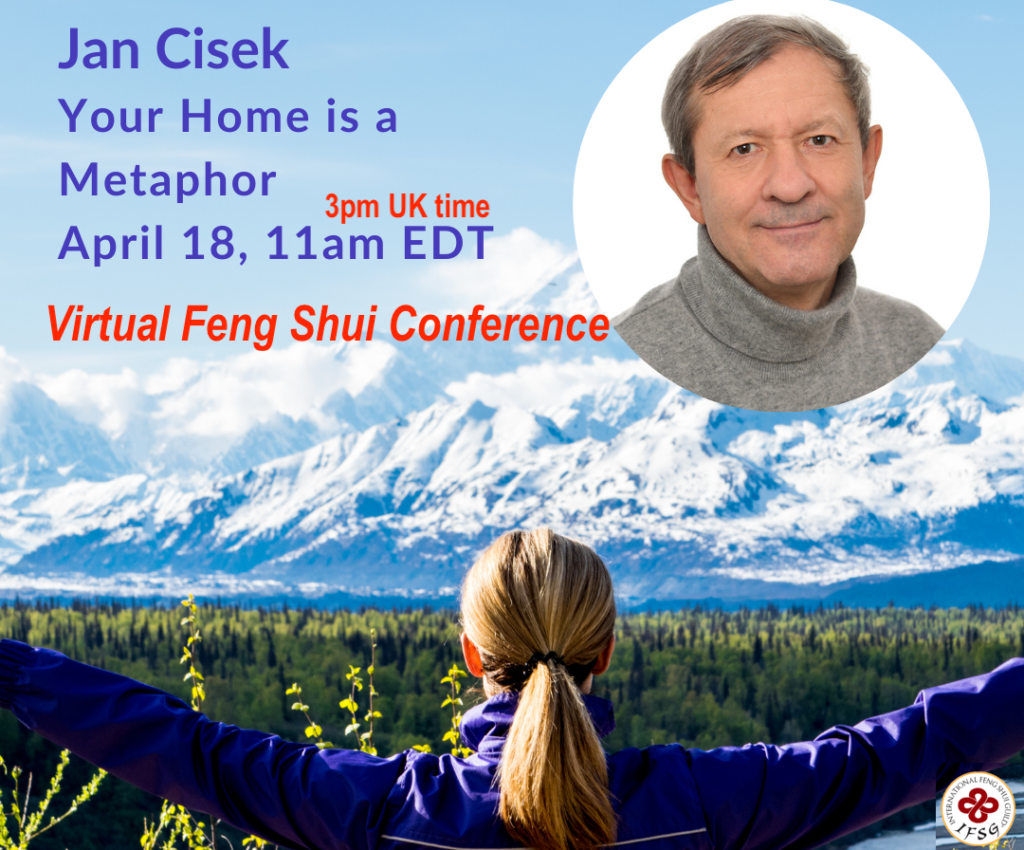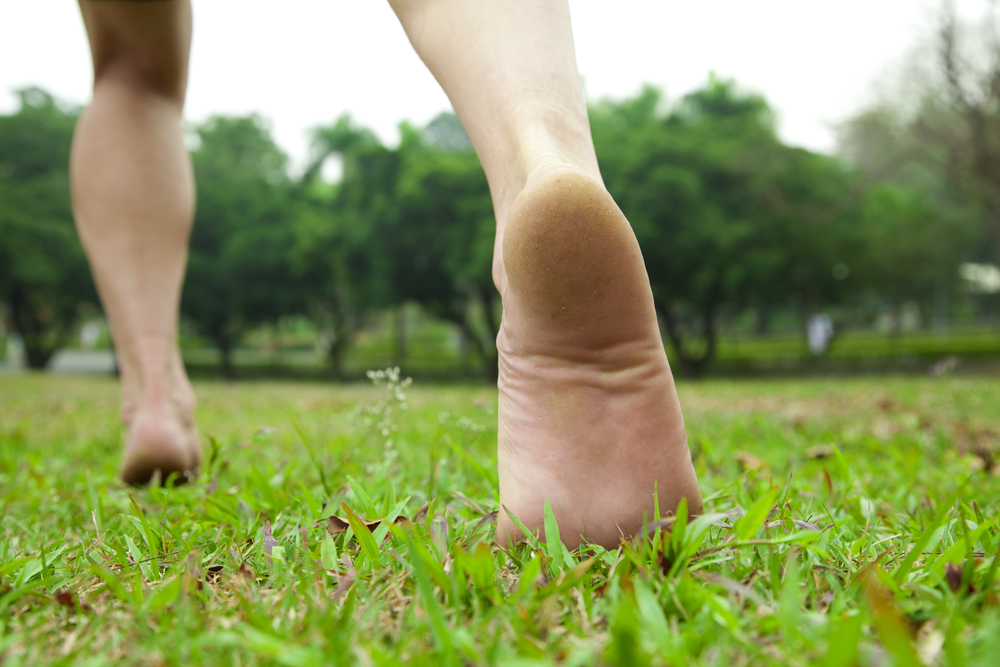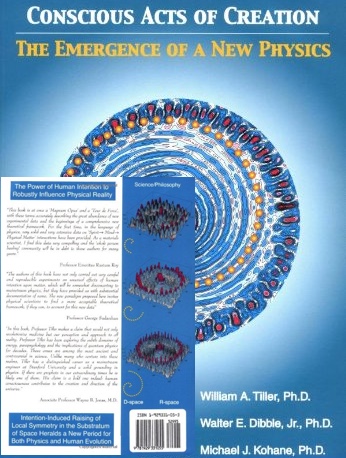What is auspiciousness?
In general terms, “auspicious” refers to something that is favourable, promising, or conducive to success. In cultural and spiritual contexts, it often relates to events, dates, or symbols that are believed to bring good fortune, positive outcomes, and blessings. In short, auspiciousness is good fortune or fortunate blessings.
In feng shui, an auspicious arrangement might involve positioning furniture, decorations, or buildings in ways that attract positive energy (qi) and create harmonious environments. Auspicious dates and times are also selected for important events such as weddings, business openings, and other significant undertakings to ensure success and good luck.
For example, in feng shui, placing a water feature in an auspicious location in your home or office can be considered auspicious as it is believed to attract wealth and prosperity. Similarly, in many cultures, certain numbers, colours, charms or symbols are seen as auspicious and are used to promote well-being and success.




